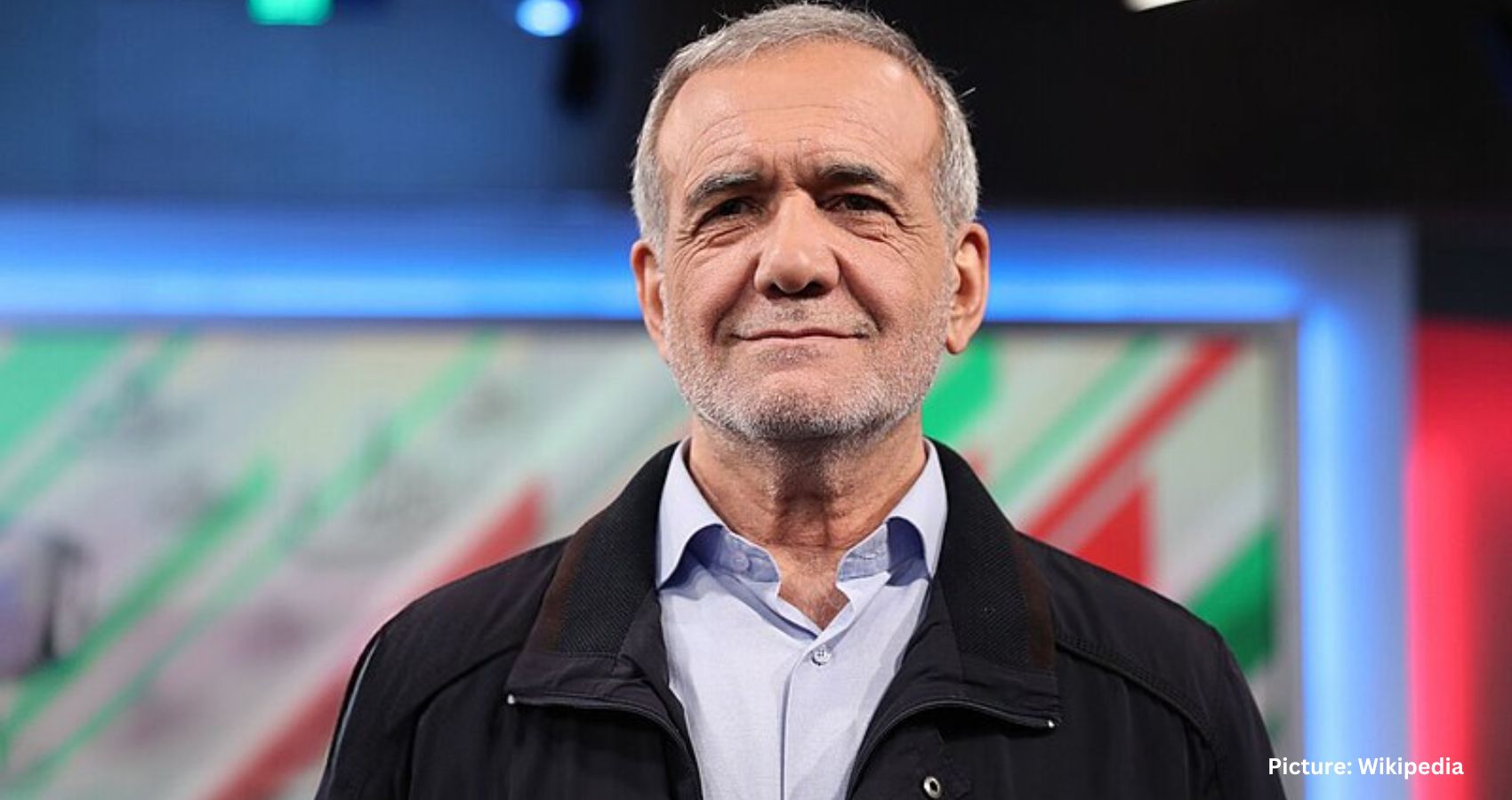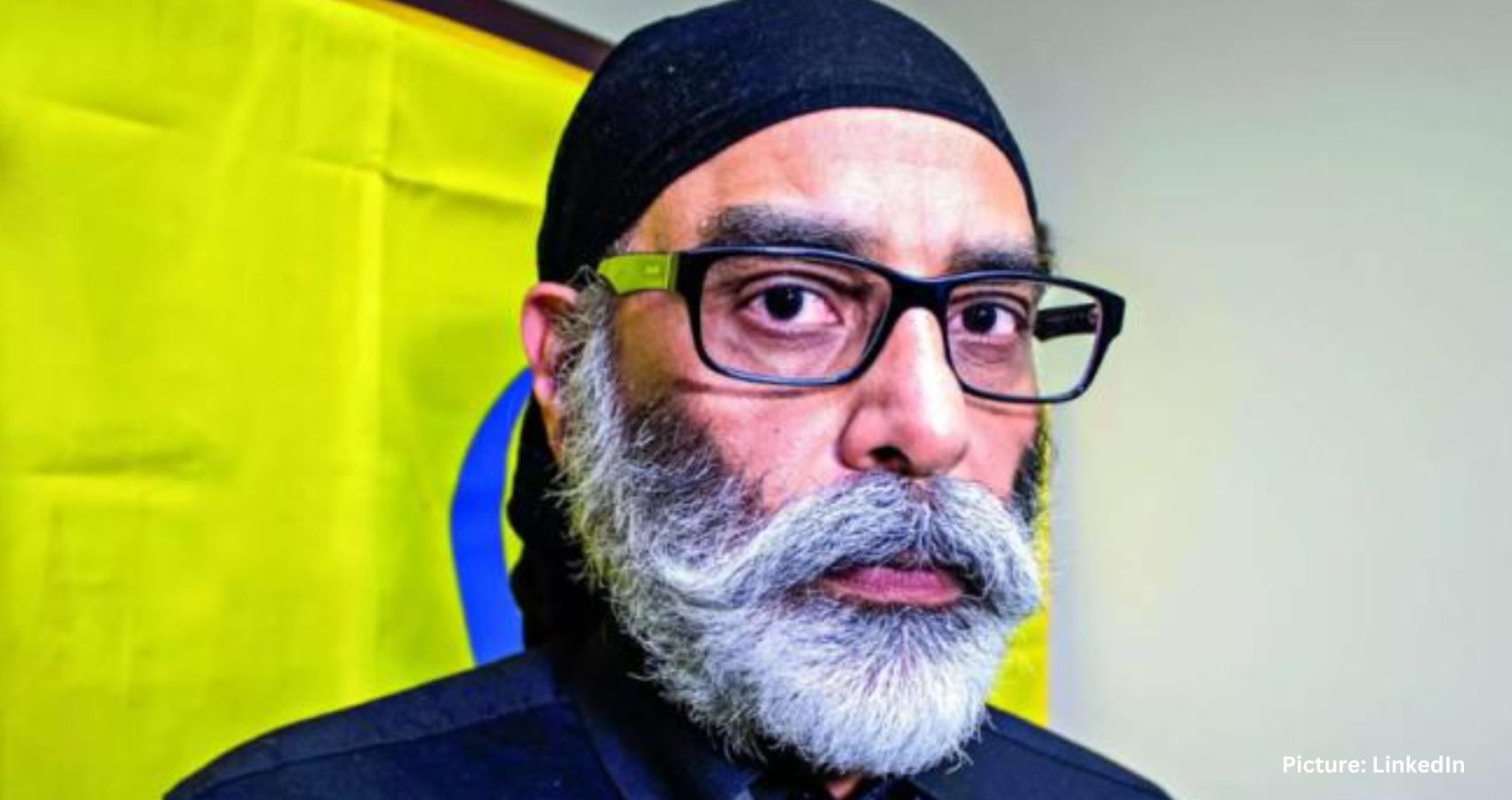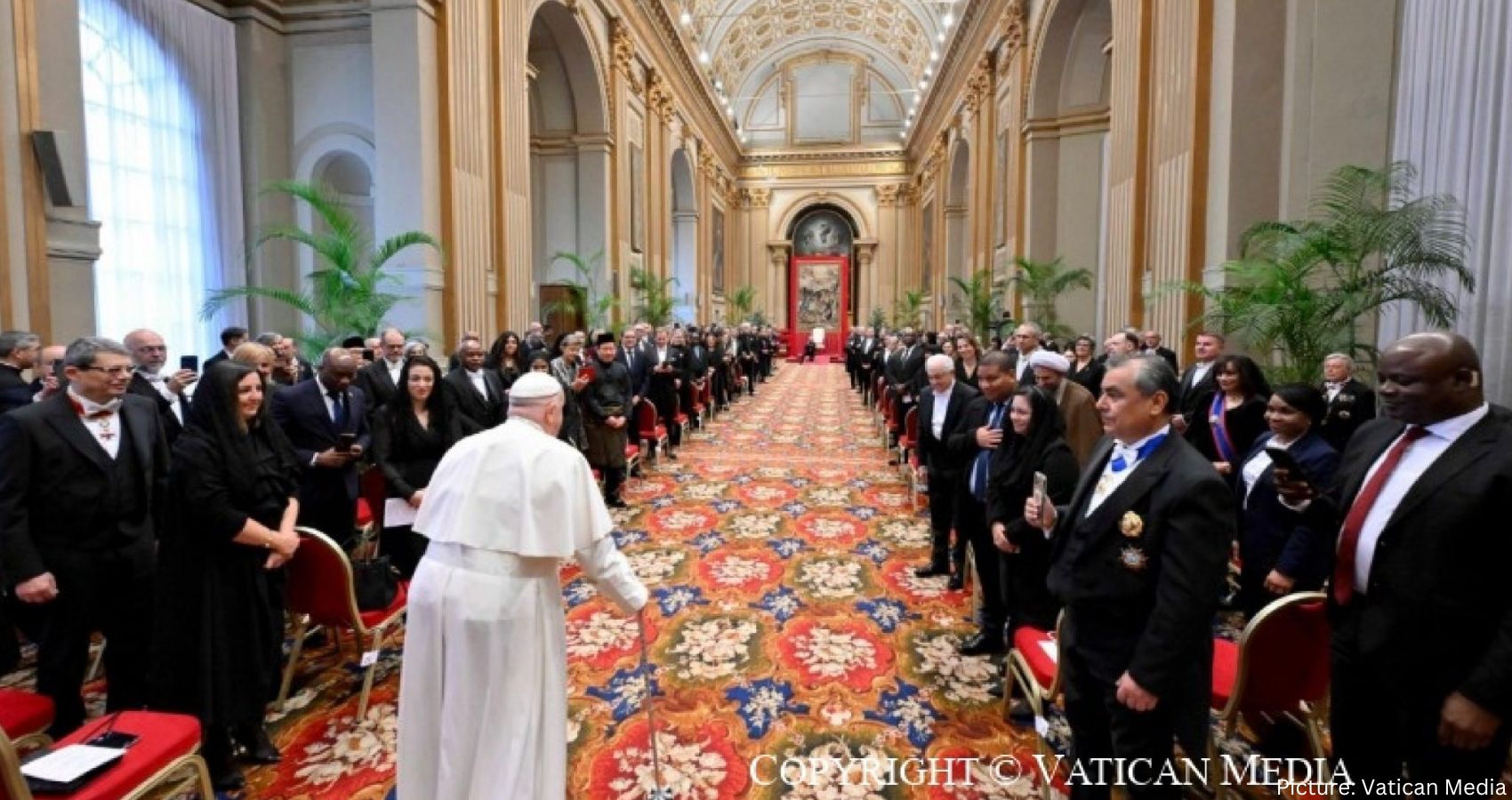Reformist Masoud Pezeshkian has emerged as Iran’s new president, defeating his hardline conservative opponent Saeed Jalili. The election results, declared in favor of Dr. Pezeshkian, showed he garnered 53.3% of the more than 30 million votes counted, while Mr. Jalili received 44.3%.
This election followed a run-off necessitated by the absence of a majority winner in the initial round held on June 28, which saw a historically low voter turnout of 40%. The election was triggered by the tragic death of Iran’s former president Ebrahim Raisi in a helicopter crash in May, which also claimed the lives of seven others.
World leaders from China, India, and Russia have extended their congratulations to Dr. Pezeshkian on his victory. Even before the official results were announced by Iran’s interior ministry, jubilant supporters of Dr. Pezeshkian took to the streets in Tehran and other cities. Social media videos showed young people dancing and waving his campaign’s green flag, while passing cars honked in celebration.
Dr. Pezeshkian, a 71-year-old heart surgeon and parliamentary member, is known for his critical stance against Iran’s morality police. He stirred public attention by advocating for “unity and cohesion” and promising an end to Iran’s “isolation” from the international community. He has also championed “constructive negotiations” with Western powers to revive the struggling 2015 nuclear deal, which involves Iran limiting its nuclear program in exchange for relief from Western sanctions.
In contrast, Saeed Jalili, a former nuclear negotiator, is a proponent of maintaining the status quo. Mr. Jalili, who enjoys robust support from Iran’s most devout communities, is known for his staunch anti-Western views and opposition to renewing the nuclear deal, which he believes infringes on Iran’s “red lines.”
Voter turnout in the latest round of voting was 50%, an increase from the first round’s record low since the 1979 Islamic revolution, reflecting widespread discontent. This discontent led millions to boycott the elections, citing limited candidate choices dominated by hardliners and the belief that substantial change is impossible under the tightly controlled policies of the supreme leader.
Some Iranians who abstained from voting in the first round decided to vote for Dr. Pezeshkian in the run-off to prevent Mr. Jalili from becoming president. They feared that a victory for Mr. Jalili would lead to increased international confrontation, additional sanctions, and further isolation for Iran.
Both candidates had to pass a rigorous vetting process by the Guardian Council, a 12-member body of clerics and jurists wielding significant influence in Iran. This process disqualified 74 other candidates, including several women. The Guardian Council has faced criticism from human rights organizations for barring candidates deemed insufficiently loyal to the regime.
Years of civil unrest, climaxing in anti-regime protests during 2022-23, have fostered deep mistrust of the establishment among many young and middle-class Iranians, resulting in previous electoral boycotts. On Iranian social media, the Persian hashtag “traitorous minority” gained traction, urging people to abstain from voting for either candidate and branding those who did as “traitors.”
Supreme Leader Ayatollah Ali Khamenei dismissed claims that low voter turnout indicated a rejection of his rule. “There are reasons [behind the low turnout] and politicians and sociologists will examine them, but if anyone thinks that those who did not vote are against the establishment, they are plainly wrong,” he stated.
In an unusual acknowledgment, Mr. Khamenei admitted that some Iranians do not support the current regime. “We listen to them and we know what they are saying and it is not like they are hidden and not seen,” he said.




